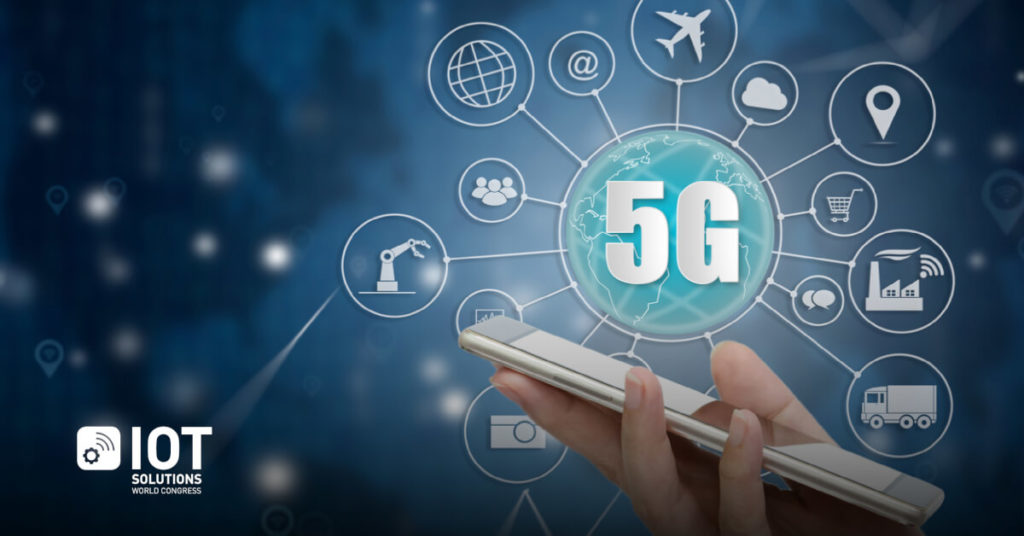Rise by Six: Your Daily Dose of Inspiration
Explore insights and stories that elevate your day.
5G: Your Ticket to a Faster Future
Discover how 5G is revolutionizing your digital experience—faster speeds, instant downloads, and a connected future await!
Understanding 5G: How It Works and What It Means for You
5G technology represents the fifth generation of mobile networks, delivering dramatically faster data speeds and more reliable connections compared to its predecessor, 4G. At its core, 5G operates using higher frequency radio waves, which allow for a more efficient transmission of data. This can lead to download speeds reaching up to 10 Gbps, enabling seamless streaming of high-definition video and more responsive online gaming experiences. Additionally, 5G utilizes advanced technologies such as Massive MIMO (Multiple Input Multiple Output) and beamforming to optimize network capacity and performance, enhancing overall connectivity.
For everyday users, the implications of 5G are significant. With the increased speed and lower latency, applications that require real-time data processing, such as autonomous driving and remote surgical procedures, will become more viable. Moreover, the expansion of the Internet of Things (IoT) ecosystem will allow for smart cities and connected devices to thrive. As 5G continues to roll out globally, it will not only impact how you connect your devices but also shape industries, creating new business opportunities and enhancing the overall quality of life.

The Benefits of 5G: Transforming Connectivity in Everyday Life
The arrival of 5G technology marks a significant milestone in the evolution of mobile connectivity, offering lightning-fast internet speeds and minimal latency. This enhanced connectivity is transforming the way we interact with technology in our everyday lives. For instance, streaming high-definition content and engaging in real-time online gaming becomes seamless, with buffering issues becoming a thing of the past. Additionally, 5G enables the proliferation of the Internet of Things (IoT), allowing smart devices in homes and cities to communicate more effectively, thus enhancing automation and efficiency.
Another noteworthy benefit of 5G is its potential to revolutionize industries and improve overall productivity. With faster data transfer rates, businesses can access and analyze data in real-time, leading to quicker decision-making and more responsive operations. Furthermore, healthcare is set to gain immensely from 5G, as remote surgeries and telemedicine rely on this advanced connectivity for precision and reliability. As we move towards a more connected future, the benefits of 5G continue to unfold, positioning it as a key player in shaping our digital landscape.
Is 5G Safe? Debunking Myths and Addressing Concerns
As the rollout of 5G technology continues across the globe, various concerns regarding its safety have surfaced. Many individuals worry about the potential health risks associated with increased electromagnetic frequencies. However, extensive research conducted by organizations such as the World Health Organization (WHO) indicates that 5G is safe when it adheres to established guidelines. In fact, these guidelines are designed to protect human health against any potential hazards, reinforcing that the levels of radiation emitted by 5G are well within the safety limits.
Despite the scientific consensus, several myths persist regarding 5G technology. For instance, some claim that 5G can cause cancer or other serious health issues, echoing unverified claims from earlier wireless technologies. It’s essential to address these misconceptions with facts: numerous studies have shown no causal link between 5G exposure and adverse health effects. Ultimately, as we embrace this revolutionary technology, it’s vital to base our understanding on credible research rather than unfounded fears, ensuring a balanced view of the potential benefits and safety of 5G.